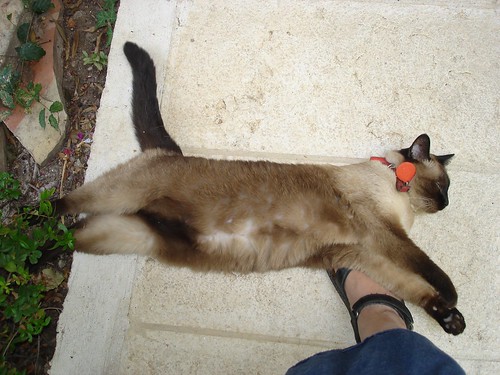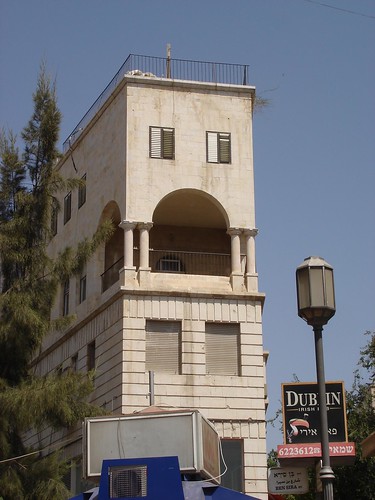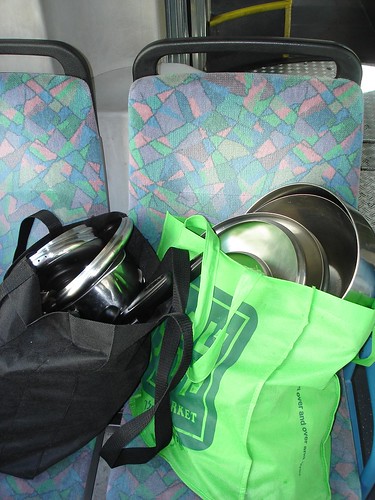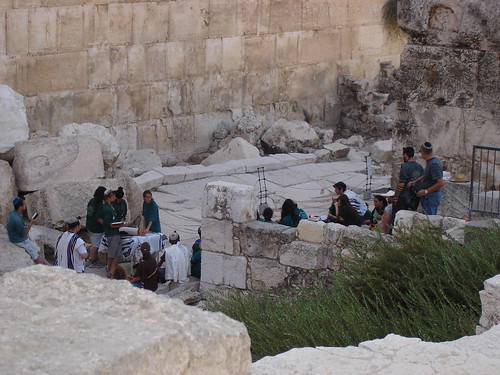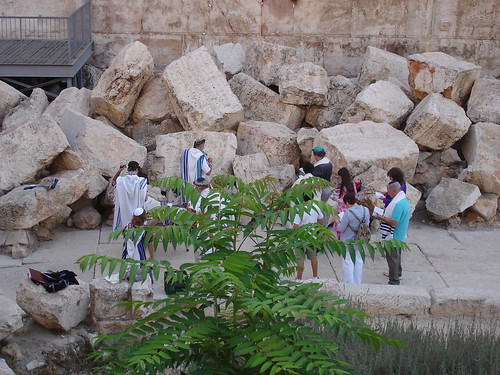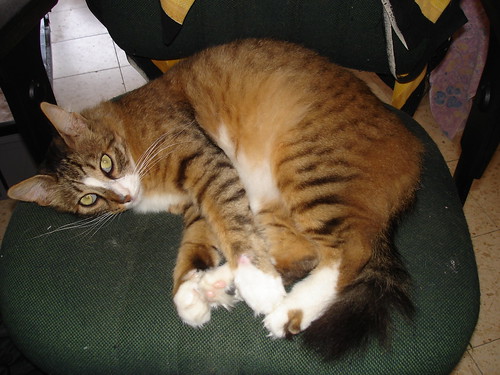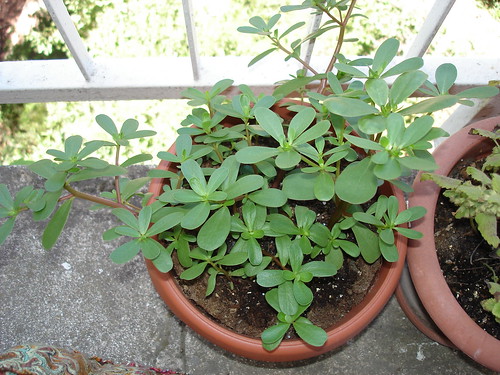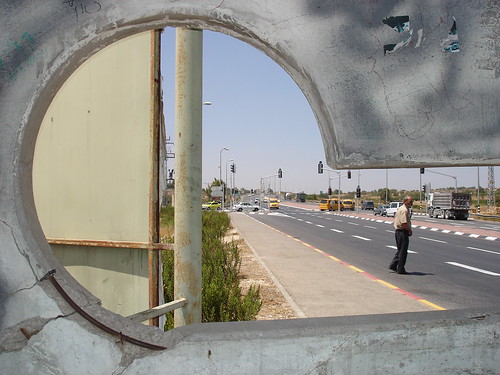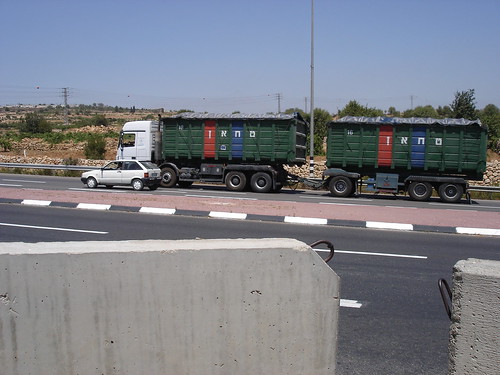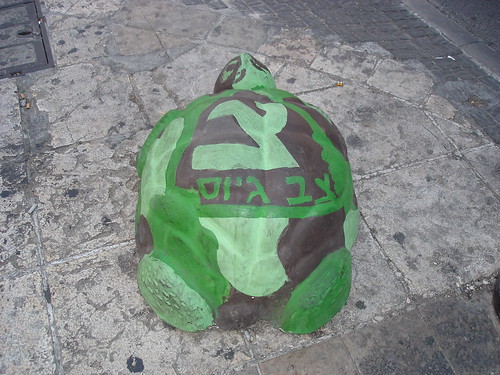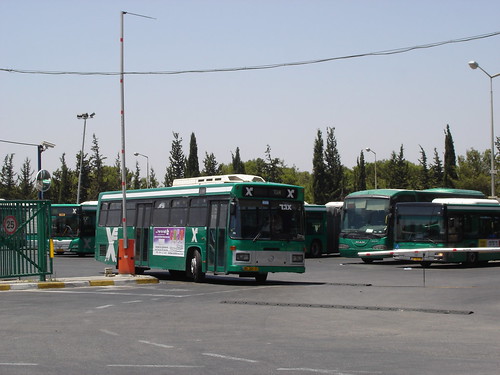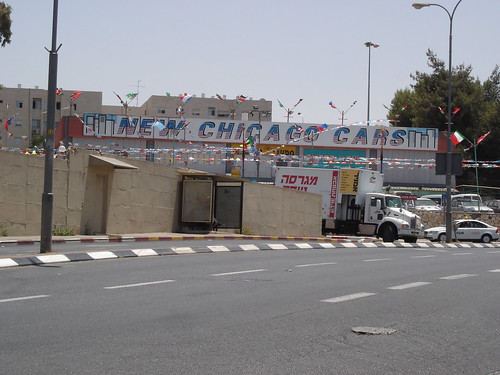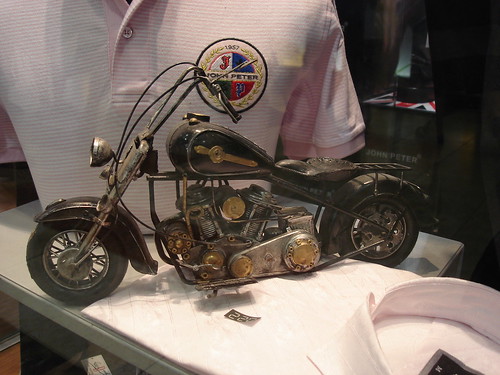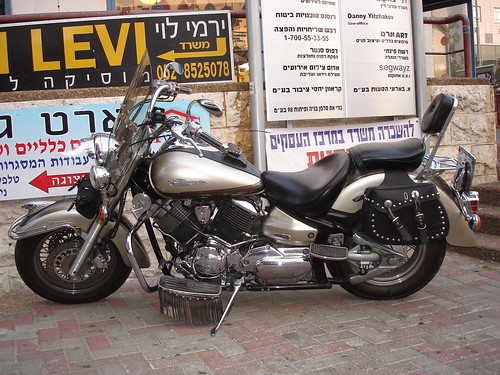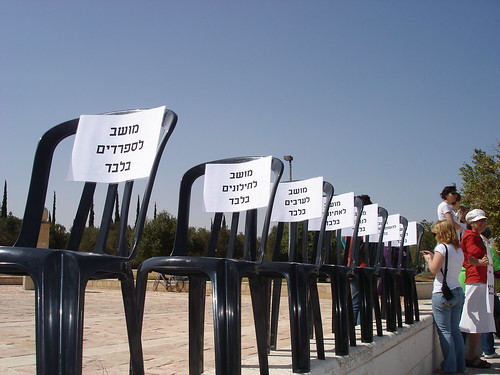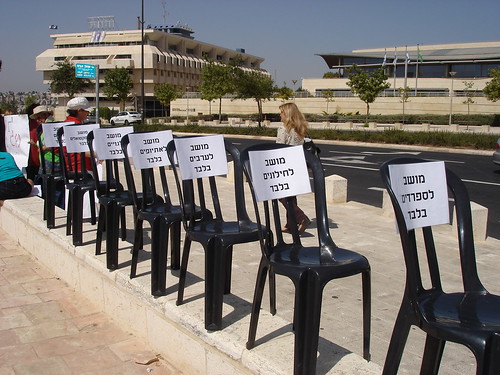Impressions
I wrote a few days ago about going to have some kitchen utensils kashered in the Geula neighborhood. Now I would like to write about two incidents that took place while I was there.
When many of my utensils had been boiled and rinsed, it was time to start putting them back into the bags that I had used to carry them there. I lifted a bag with my left hand, shook it open, and tried to put several stacked pots into it with my right. It didn’t work. I needed someone to help me hold the bag open.
Since Geula is mostly a Haredi neighborhood, it is likely that most of the people who come to have their utensils kashered are members of the Haredi community (as opposed to the national-religious community, for example). I don’t know how often people from outside the community use this service. I was dressed modestly, wearing a long cotton skirt and a high-necked shirt with sleeves to my elbows, but it was obvious that I was not Haredi. (The young man who boiled and rinsed the utensils did not look as though he belonged to the Haredi community either.) Several men in Haredi dress were standing to my left, waiting to have their utensils boiled and rinsed. I looked up at one of them. Our eyes met for a moment. He could see what I was trying to do – anyone in the room could see it – but before I could take a breath to ask him for help, he looked uncertain for a moment and then turned away.
I turned to the next man in line and said, “Please, would you hold my bag open so that I can get these pots inside it?” He did, and I thanked him.
I noticed that the man who did not help me was younger than the one who did. Was the younger man perhaps afraid that if he was seen having any contact with a woman who was not a family member and obviously not from his community, he or his family would suffer some sort of reprisal? That wouldn’t surprise me. Unfortunately, it’s common in very closed and strict Jewish communities here. A person’s chance to get a good shidduch (marriage match), place in school or acceptance by the community can be compromised if he or she is seen doing things that the community frowns upon, even if those things are not necessarily wrong or against Jewish law.
After the pots had been boiled, I began to dip them in the mikveh. As I worked, I noticed a young girl waiting nearby. She looked to me to be in her early to mid-teens, was dressed according to Haredi standards, and held several knives with serrated edges and plastic handles in various colors, the kind that many people here use to cut vegetables. Since I knew that I would be taking much longer than she, I offered to dip her knives for her. She shook her head. I moved aside so that she could dip her knives, and then went back to dipping the pots.
When I was done, she was still there. Perhaps she had more items to dip than I had seen – I don’t know. As I picked up my bags and prepared to leave, I smiled at her and said, “Shabbat shalom.”
She didn’t answer. Thinking that perhaps she hadn’t heard me, I smiled at her once again and said, “Shabbat shalom.”
She tightened her lips and turned away.
I left, wondering why she had done that. Was she perhaps upset with me because I had taken so long at the mikveh? But I had shown her that I was willing to step aside for her. Had she been taught not to talk to strangers? Or was it perhaps because I wasn’t a member of her community and therefore not religious enough for her taste? (If she really thought that, then I wonder what she thought I was doing there, taking all those pots and pans to be boiled on such a hot day.) I guess I’ll never know, but I felt sad about it. I confess that I still do. We talk so much about Jewish unity... and yet, here were two instances where Jews turned away from a fellow Jew even as she was engaged in a mitzvah. What does this say about us?
It reminded me of a story that I heard a rabbi tell about twenty years ago. He had been on a crowded bus in Jerusalem when a pregnant woman of non-observant appearance got on. I don’t remember the exact scenario, but as I recall the story, he was standing near a young yeshiva student who was sitting on the aisle.
When the young yeshiva student saw the pregnant woman board the bus, he didn’t move to give her his seat. The rabbi, who was already standing, was surprised and asked him why.
“She’s not religious,” the yeshiva student said with a shrug.
At this, the rabbi seized the yeshiva student by his shoulder, hauled him out of his seat, dragged him to the back of the bus and gave him a scolding. “Who’s your rabbi? Which yeshiva do you go to? Was it there that you learned such atrocious behavior? How dare you act this way? You’re causing a hillul ha-shem [desecration of God’s name]!” he said.
I don’t remember what the student answered. I only thought, as I made my way home with my newly kashered pots, that twenty years later, we still have far to go.
